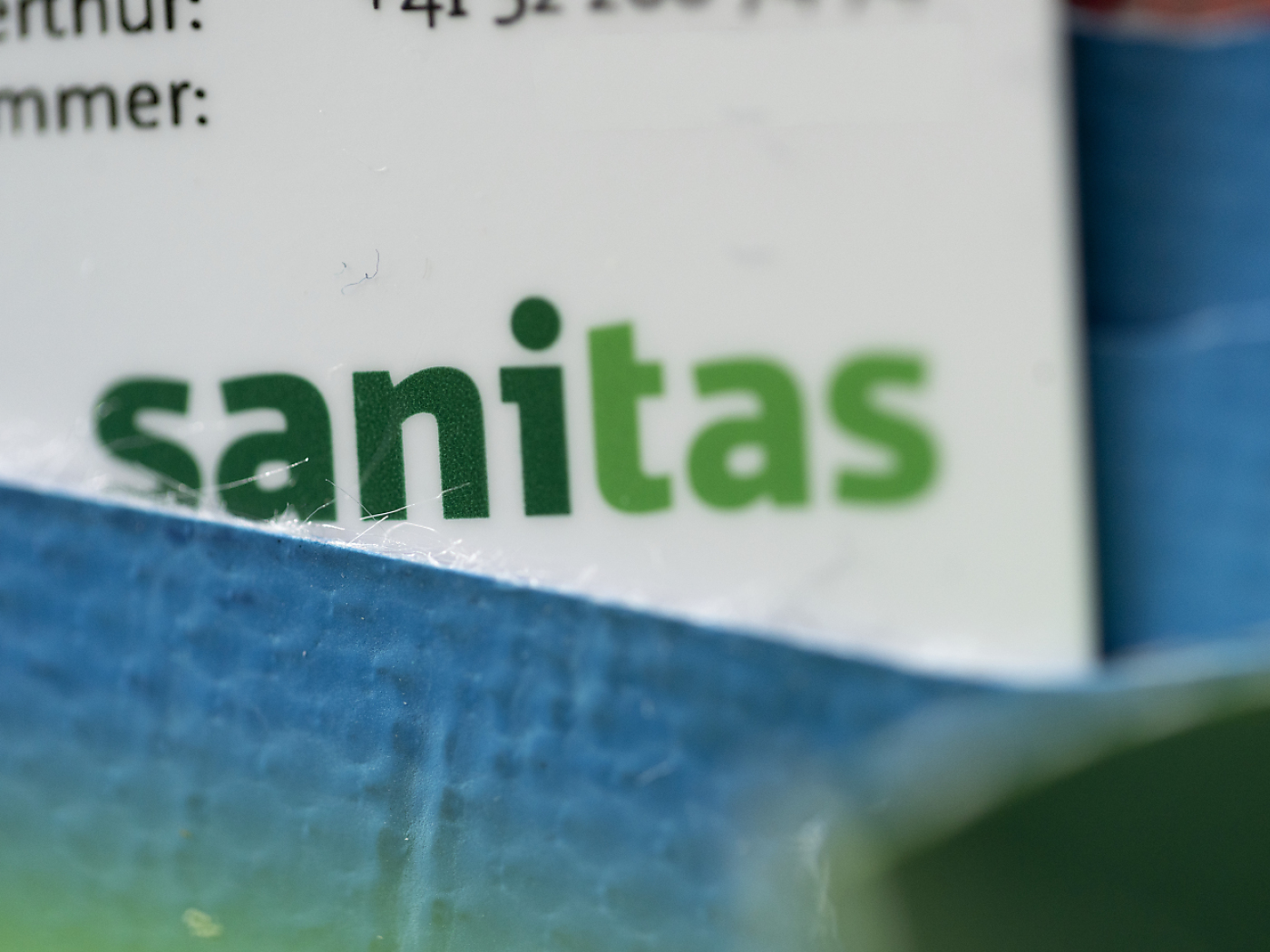Swiss private banks take aim at government

The Swiss Private Bankers Association has raised the threat of a referendum if Switzerland makes further concessions to the European Union over taxation.
A vote could derail a crucial set of bilateral agreements currently being negotiated between Bern and Brussels.
“The government knows that if it goes beyond what is acceptable for the financial sector or threatens it, there will be a referendum,” Ivan Pictet, a partner of the Geneva-based Pictet bank, told swissinfo.
“Obviously it also knows that 72 per cent of the population voted against entering the EU as it is now,” he added.
The referendum warning came as the EU steps up pressure on Switzerland to relax banking secrecy. Brussels wants Swiss banks to exchange information about EU citizens’ savings.
It has even threatened sanctions if Switzerland doesn’t comply. So far the Swiss have refused to back down, offering instead to levy a 35 per cent withholding tax on savings income.
Concessions
But bankers fear the Swiss government may offer concessions in order to secure agreement on several other issues currently being negotiated.
“I’m not quite sure that the government has much flexibility in a direct democracy like Switzerland to go beyond what the population really wants,” Ivan Pictet said.
The bankers’ warning comes ahead of a meeting of EU finance ministers next Tuesday when they will again try to hammer out an accord on harmonising member countries’ tax systems.
Some EU countries which also have banking secrecy – notably Luxembourg, Austria and Belgium – have made their agreement conditional on third countries, such as Switzerland, relaxing their own confidentiality rules.
“We must ask ourselves if the Swiss negotiators have not already gone beyond what we consider a limit that should not be exceeded,” Private Bankers Association secretary general Michel Dérobert told a news conference in Bern.
Dérobert said Switzerland must not give in to pressure if it wanted to be taken seriously in further negotiations because the country’s sovereignty was at risk.
“I think the most important thing is that, if we make a deal with the European Union, this deal must be made by countries which negotiate in good faith and it must last,” he said.
“That means that if we made a deal, we must be sure that the EU is not going to come back on this issue in another forum like the OECD, for instance.”
“Switzerland must be able to negotiate and not be too impressed by the EU as such or some of its members if they come and say that we have to do the same as them,” he added.
“Generous offer”
Pictet made the point that the talks had gone very far, with the Swiss negotiating “reasonably well” and making a “generous offer”.
“The reason why we still haven’t signed an agreement is that the EU countries don’t agree among themselves. I think Switzerland is willing to cooperate everywhere it can,” he commented.
“It has a withholding tax which is the highest in the world and there is very little tax evasion in this country… Our system is well accepted by the population so why should we adapt other countries’ systems which do not work?” he asked.
In December, Dérobert wrote in the Geneva Private Bankers Association Letter that the threat of EU sanctions against Switzerland had strengthened a feeling of injustice among the Swiss.
He said that it was “wrong” to claim that the draft EU directive on the harmonisation of tax was an efficient tool against tax evasion, which is not considered a criminal offence in Switzerland.
And he added that the EU text had been crafted not with the aim of imposing a fair tax regime, but with consideration for the commercial interests of financial centres that had expressed their scepticism from the outset.
Asked on Tuesday about the best solution to the issue, Dérobert told swissinfo there were three scenarios.
“I think the best outcome would be a good treaty quite fast. But this is, I think, not very easy… so the next best outcome would be no treaty at all. The worst outcome would be a bad treaty that we should have to fight against,” he said.
swissinfo, Robert Brookes
The referendum warning came as the EU steps up pressure on Switzerland to relax banking secrecy.
Brussels wants Swiss banks to exchange information about EU citizens’ savings.
Swiss bankers hinted that the government would be foolish to risk a referendum given the strength of public opposition to the EU.
Bankers fear Bern will make concessions to secure agreement on several other issues currently being negotiated.

In compliance with the JTI standards
More: SWI swissinfo.ch certified by the Journalism Trust Initiative












You can find an overview of ongoing debates with our journalists here . Please join us!
If you want to start a conversation about a topic raised in this article or want to report factual errors, email us at english@swissinfo.ch.